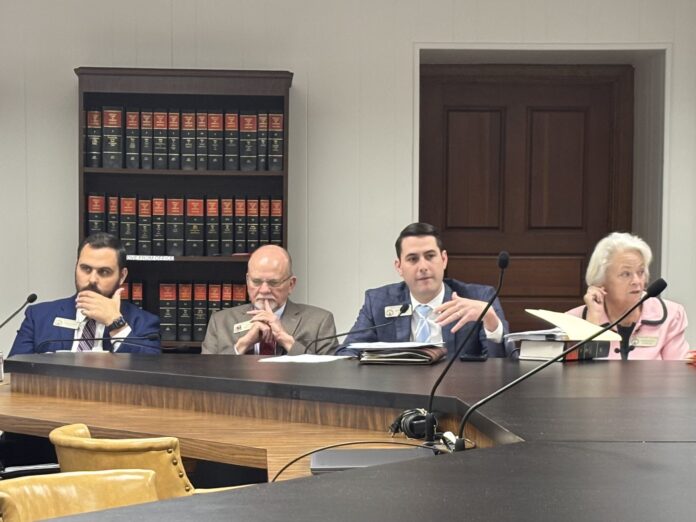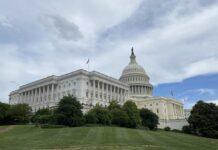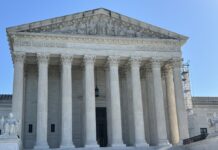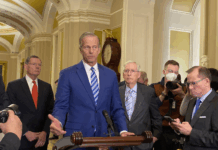
(Georgia Recorder) — A Georgia legislative committee voted Tuesday to establish a new process to protect judges from threats by keeping some of their personal information from appearing in public records.
The House Judiciary Committee unanimously advanced House Bill 199 Tuesday, which will allow judges to fill out a form that will be submitted to local governments, which will be required to remove judges’ names, addresses and phone numbers from public records.
The House bill is an update to last year’s Senate Bill 508, which allowed the Administrative Office of the Courts to collect and maintain personal information about judges.
The sponsor of this year’s legislation, GOP Rep. Trey Kelley of Cedartown, said the bill is intended to address concerns about the security of a single database containing information that is supposed to be confidential.
Under Kelley’s bill, judges will access a form provided through the Administrative Office of the Courts and submit it to local governments so that personal information about judges, such as property tax information, will be removed from the local governments’ online systems.
Kelley said this bill will save taxpayers about $150,000 compared to the statewide system.
“Through conversations with different cybersecurity experts, we realized that having one website where everyone’s personally identifiable information was kept together may not be the best idea in case it got hacked,” Kelley said.
During a Jan. 29 State of the Judiciary address, Georgia Supreme Court Chief Justice Michael P. Boggs mentioned during his Jan. 29 State of the Judiciary address the need for state leaders to protect judges from rising threats to their safety.
Boggs cited U.S. Marshals Service reports showing threats against federal judges tripled from 2019-2023, and anecdotal evidence suggests Georgia judges are increasingly being threatened.
Last year, there was bipartisan support in the Legislature behind increased criminal penalties against the so-called swatting of public figures after several Georgia elected officials’ residences were the target of hoax 911 calls claiming that someone’s life was in danger.
Representative Scott Holcomb, an Atlanta Democrat, asked Kelley if there are other government officials besides judges, who are able to restrict the public from viewing certain information.
Kelley said the bill is intended to protect judges who make decisions in cases like child custody, divorces, and criminal sentencing that can cause people to overreact.
“I think there’s a policy decision that we’ll maybe expand at some point to different officials, but the measure last year and this year specifically focuses on our judicial branch because of the unique and sensitive nature of some of the things they do outside of policy decisions, which we make,” Kelley said.
The Georgia First Amendment Foundation, an open records advocacy group, said last year’s bill was an example of legislators balancing the rights of public access versus judges’ safety. However, it warned against future restrictions to public information that could infringe on open records law.






